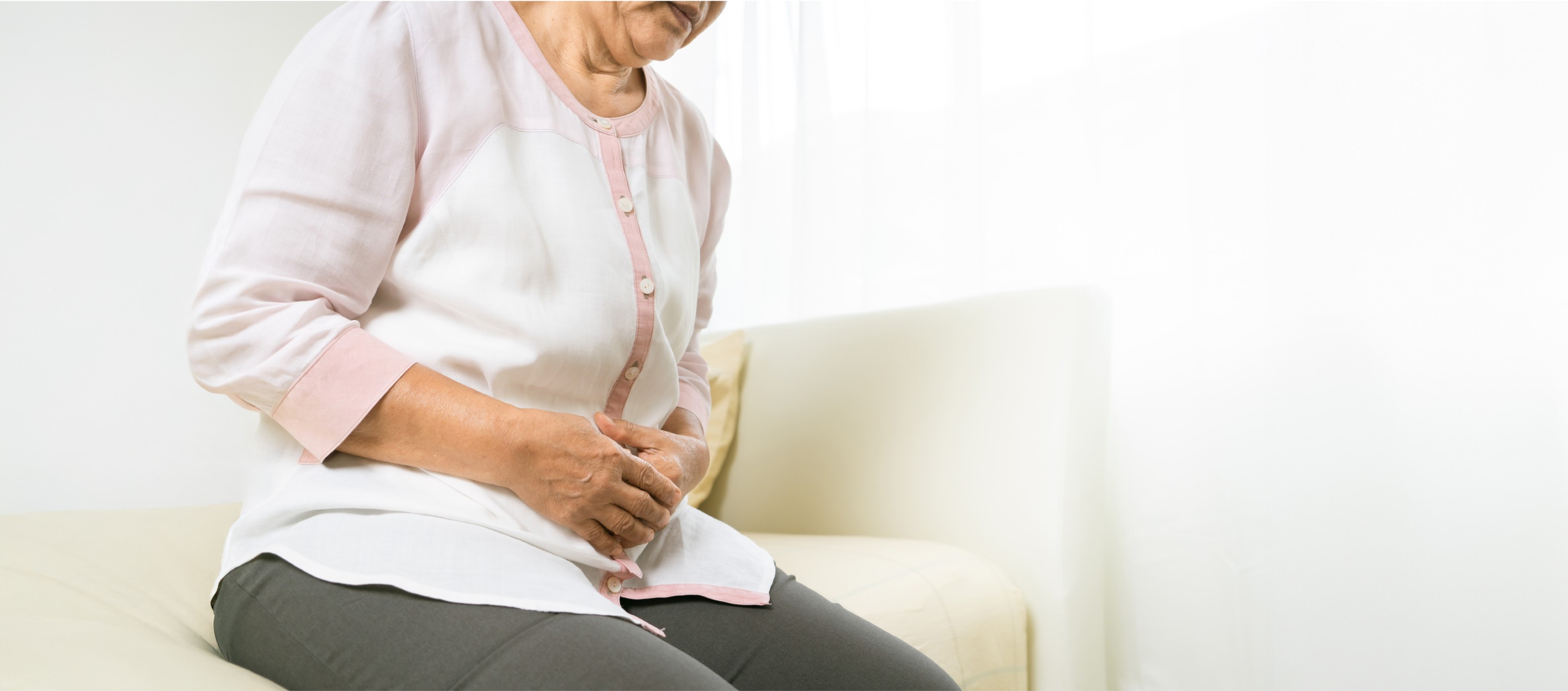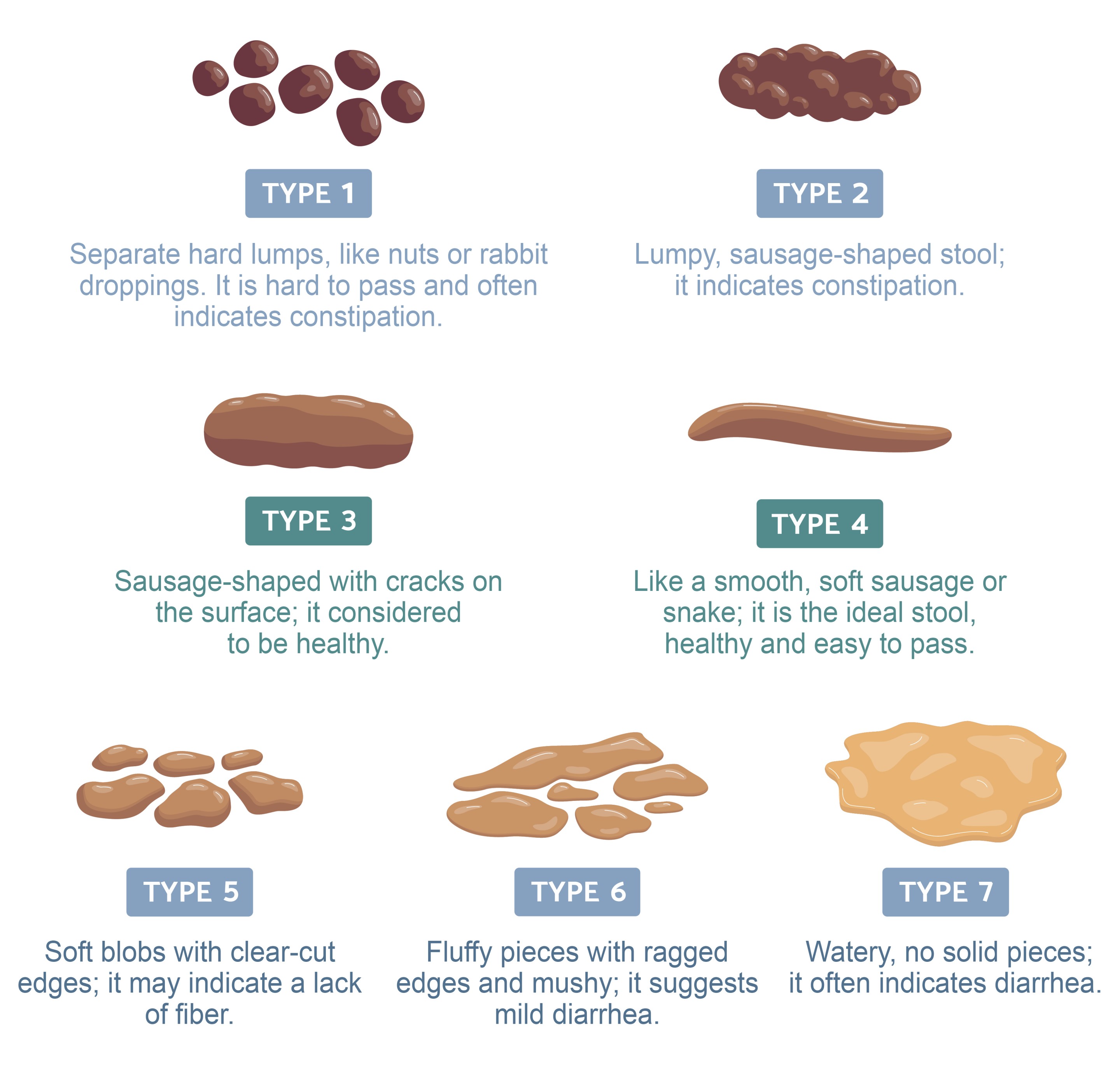What is Constipation and Its Symptoms?
General speaking, normal bowel movement ranges from 3 times per day to 3 times per week. If you have less than 3 times per week of bowel movement, it is considered as constipation.
Besides infrequent bowel movements, the symptoms of constipation also include difficulty in passing stools (e.g. straining, hard or lumpy stools) and a feeling of incomplete evacuation even after passing stool.
Why Does Aging Increase Constipation Risk?
There are four main causes of constipation: physiological factors, psychological factors, lifestyle factors, and medical conditions and medication. Within the categories, these factors may contribute to constipation individually or collectively.
Physiological factors
Age: As we age, functions of digestive system weakened. These include slower intestinal motility, reduced digestive enzymes, decreased rectal sensitivity and weakened abdominal muscles. These changes can reduce the ability of our bowel movements.
Fluid intake: When our body fails to have enough fluid intake, the large intestine will further absorb the water in the stool, which makes the stool harder.
Fiber intake: Since fiber can promote intestinal motility, insufficient of fiber intake can reduce bowel movement.
Psychological factors
Stress and emotion: When experiencing stress or negative emotions, the gut-brain axis (the communication bridge between the brain and the digestive tract) will be disrupted, causing intestinal dysfunction and potentially reduction of intestinal activity and appetite.
Lifestyle Factors
Exercise: Lack of regular exercise and inactive lifestyle (e.g., prolonged sitting or bed rest) can lead to reduced intestinal activity and delayed bowel movements.
Urge and action: When we keep holding in the urge of bowel movement, the urge will gradually subside. When we habitually suppress the urge, it will weaken rectal sensitivity over time. Progressively, we will lose the feeling of urge, which would result in constipation.
Routine: Sudden changes in life and work schedule, such as jet lag from travel, staying up late, etc., will affect the biological clock and change the bowel movement pattern.
Medical Conditions and Medications
Medical conditions: Intestinal diseases (e.g. irritable bowel syndrome, haemorrhoids, intestinal obstruction), metabolic diseases (e.g. diabetes and hypothyroidism), and neurological diseases (e.g. Parkinson's disease) can affect bowel movement.
Medications' side effects: Calcium supplements, iron supplements, antidepressants, and opioid painkillers may cause constipation.
Taking all of the above factors into consideration, the causes of constipation are various, with many possibilities and complexities. Therefore, if constipation persists, patients should seek professional medical advice.
What are the most common bowel problems among elderly?
The most common bowel problems among elderly are:
- Constipation – including infrequent bowel movements, difficulty passing hard and dry stools.
- Weak bowel movements – the pushing force of stool may be reduced due to weakened abdominal and intestinal muscles.
- Incomplete evacuation – feeling of bowel is not fully emptied after evacuation.
- Occasional diarrhoea – it can be caused by gut microbiome imbalance or medication's side effects.
Even though some of the above problems are more related to physiological changes, we can still solve the problems from other aspects.
Effective Solutions for Managing Constipation
To solve bowel problems, there are five golden rules that can help, which includes:
- maintain a high-fiber diet, consuming 25 to 30 grams of dietary fiber per day;
- Drink 1.5 to 2 liters of water daily to ensure adequate hydration;
- Engage in regular exercise, including gentler exercises like walking and yoga;
- Follow body's instincts and go to the toilet at the right time. Don't hold it in;
- Develop regular bowel habits.
Having bowel problems is not only distressing, it can also cause other physical discomfort such as headaches, abdominal pain, bloating, loss of appetite, nausea, vomiting, anal bleeding, etc. Therefore, for those who suffer from bowel problems, they should seek medical advice early.
Did you know…
Stool Health Indicators
Whether the stool is healthy or not, we can categorize them based on shape and consistency.
There are seven types of stool:
( ![]() Click the image to enlarge )
Click the image to enlarge )













